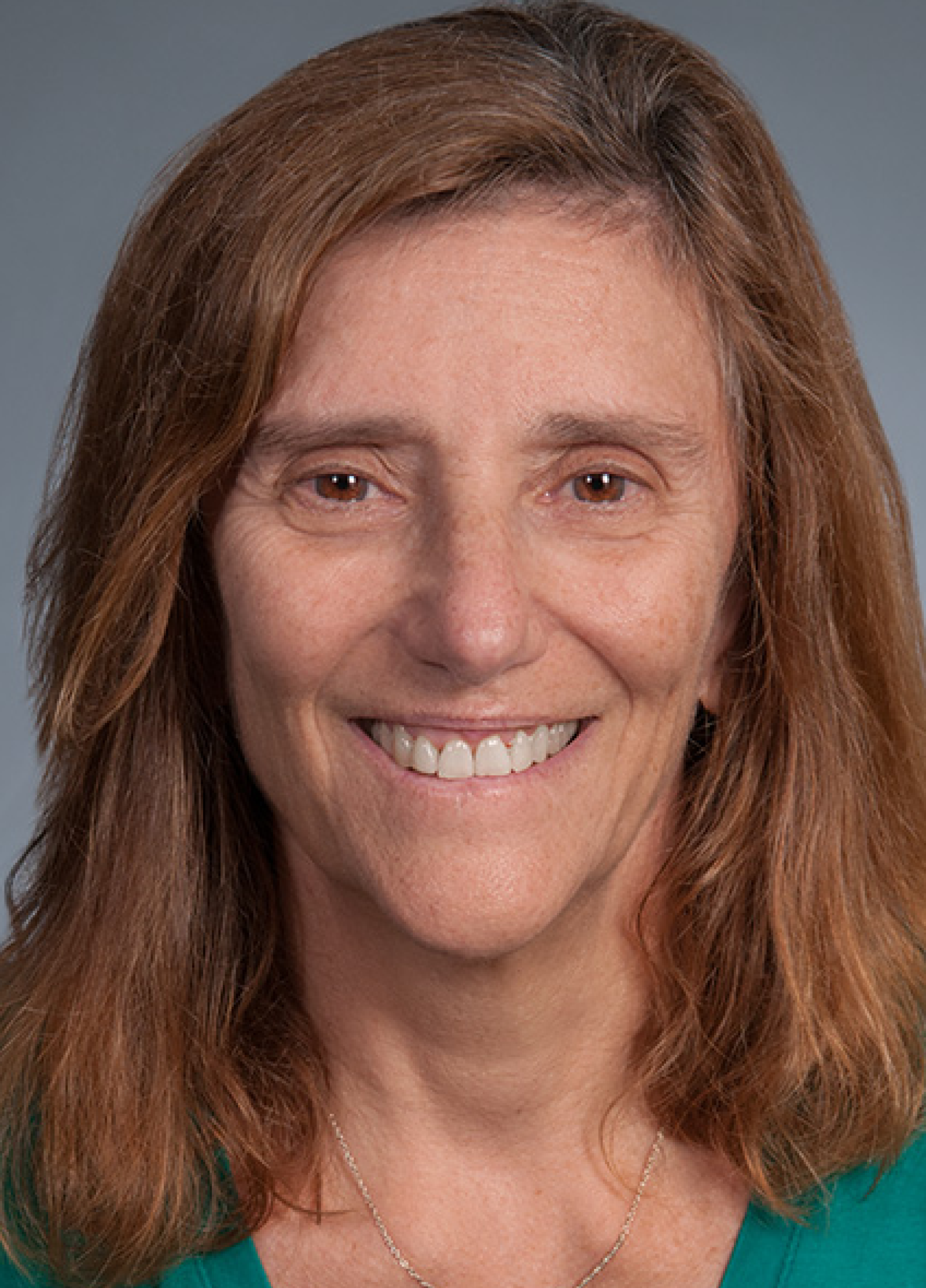Learning from the pandemic: Continuous learning and improvement

The Betsy Lehman Center: In what ways has the need to adjust to rapidly changing protocols and practices for COVID-19 changed how you approach organizational learning and improvement?
Barbara Spivak: Information has indeed changed frequently, and organizations like the CDC and WHO have often issued conflicting recommendations.
At Mount Auburn Cambridge Independent Practice Association (MACIPA), we knew we had to quickly figure out a way to stay on top of new developments. One of our clinical leaders stepped up, tapped specialists in our system and presented information on Zoom four nights a week for three months. The programs were taped so they were always available, but we had hundreds of people from our system on Zoom every night. So, during the surge, when people were overworked and exhausted, they were still devoting 45 to 60 minutes a night to listen to these calls. Sometimes, something that had been discussed the week before was revisited to reflect new guidance.
In addition, we made a point of sharing information with all clinicians associated with our system. MACIPA is part of the Beth Israel Lahey Health primary care network; we shared the network’s policies and procedures with our private practices, too.
We have also benefited from a robust process for evaluating which high risk patients need office visits or can be seen via telemedicine. The medical director and I met with our quality measurement experts and assistant medical directors to review registry reports and developed a policy, which we presented to our sub-specialists and primary care doctors for their input. That way, we know we have feedback and buy-in from a very large group of well-informed people. We went from seeing all diabetics in the office to seeing only those who had a history of poor control or were deemed to be at risk for complications and poor control. Others could be seen safely via telemedicine. We had similar protocols around cancer screening and hypertension.
Beyond helping physicians care for patients with COVID-19 and adjust practice patterns, using a collaborative, iterative approach has helped decrease feelings of isolation and potential despair in the medical community. The pandemic has led us to concentrate on supporting the health of our workforce and to consider their family’s health in a way that’s very different from what we've done in the past. I don’t think we fully know yet how we’ll apply all of this learning in the future, but I do know that the pandemic has changed how we approach our shared responsibility to care for each other.
Barbara S. Spivak, M.D., is a practicing internist and President of the Mount Auburn Cambridge Independent Practice Association in Cambridge, Massachusetts.
--
Further reading:
Learning from the pandemic: Leadership and governance
Learning from the pandemic: Support for all
Learning from the pandemic: Measurement and transparency